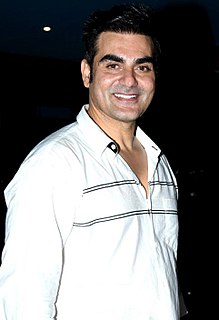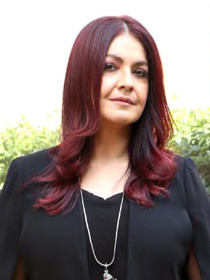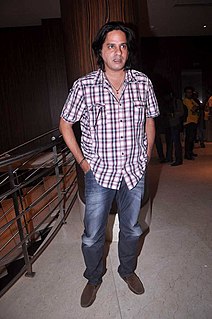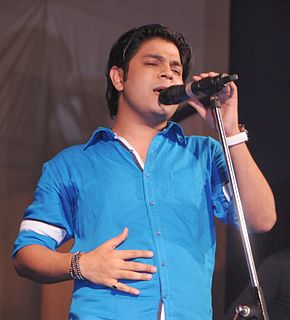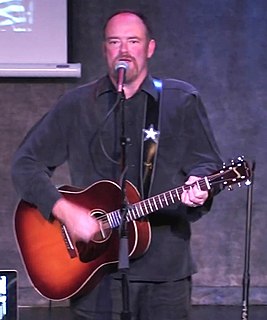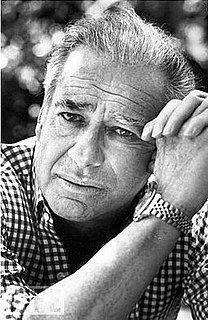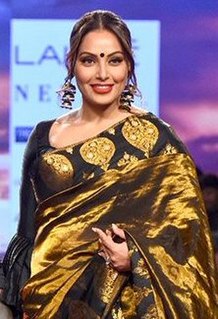A Quote by Arbaaz Khan
I began as an assistant director to Mahesh Bhatt sahab on films like 'Zulm,' 'Kabza' and 'Aawargi' during the '80s. Then I got an opportunity to act and I took it up thinking direction was something which I could always pursue later.
Related Quotes
When my father was, you know, a very big artist in the 1970s and then later up through the '80s. And then I began playing guitar with him in the road in the late '80s until he retired in 1997. So I traveled the world with them for years, you know, and all around the world and got to meet some great people.
People think of time as a continuum composed of points which is stretched out at a line, and even if you add a direction to it and say one direction on the line is past and the other direction is future, or better, one direction is "earlier than" and the other direction is "later than", you're still thinking of it as like a geometrical line which is stretched out rather than as a dynamic process of becoming.
I was an actor when I was a teenager and it could have been the direction that I headed in. But music and my relationship with music is quite deep, and it really is the nucleus of my creativity. So I gave up acting so I could pursue music fully, and I never thought about really going back. And then [director] Lee Daniels met me and wanted to work with me, and that's how it started.
Opportunity could be defined in so many ways. There's one way of defining it, equality of opportunity, which is in fact the equality of capability, but the libertarians got there first and they have - like the Americans getting onto the moon, naming every crater after something like an astronaut - they have got there and named "opportunity" in a way that we cannot get ownership of now.
You never know what you do that could be totally out of left field, which actually might work and give something fresh to the whole scene, to the character, whatever. If you have that with a director who then knows how to shape it, either in the direction, in the moment, or in the editing, then that's good.
